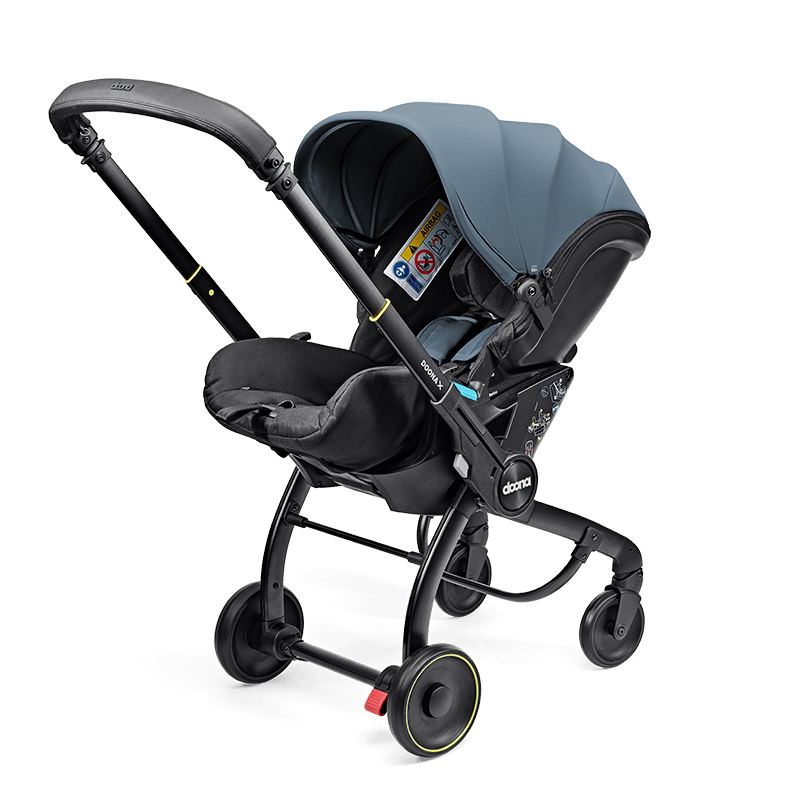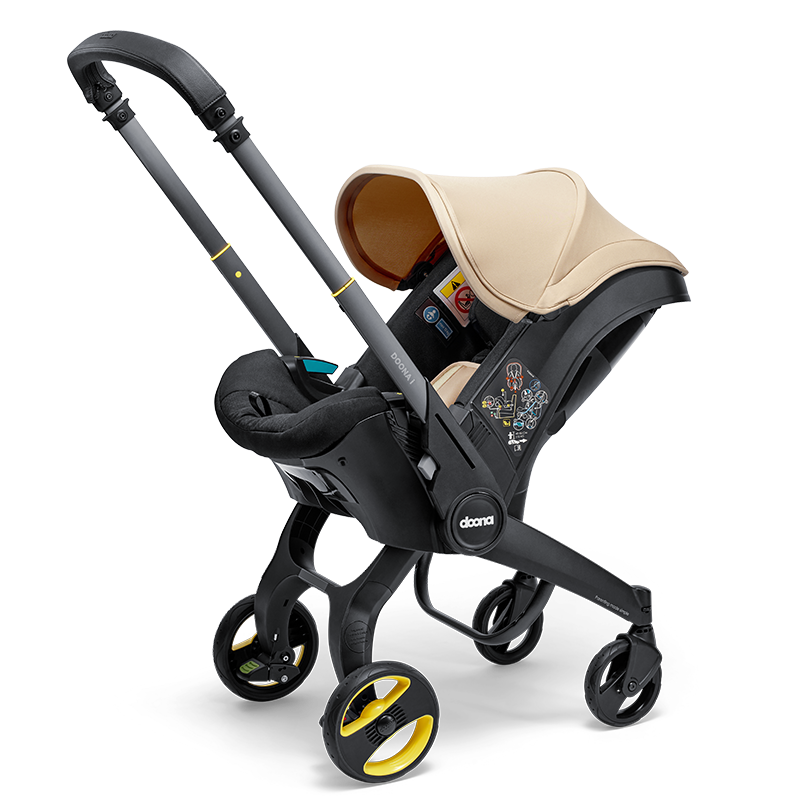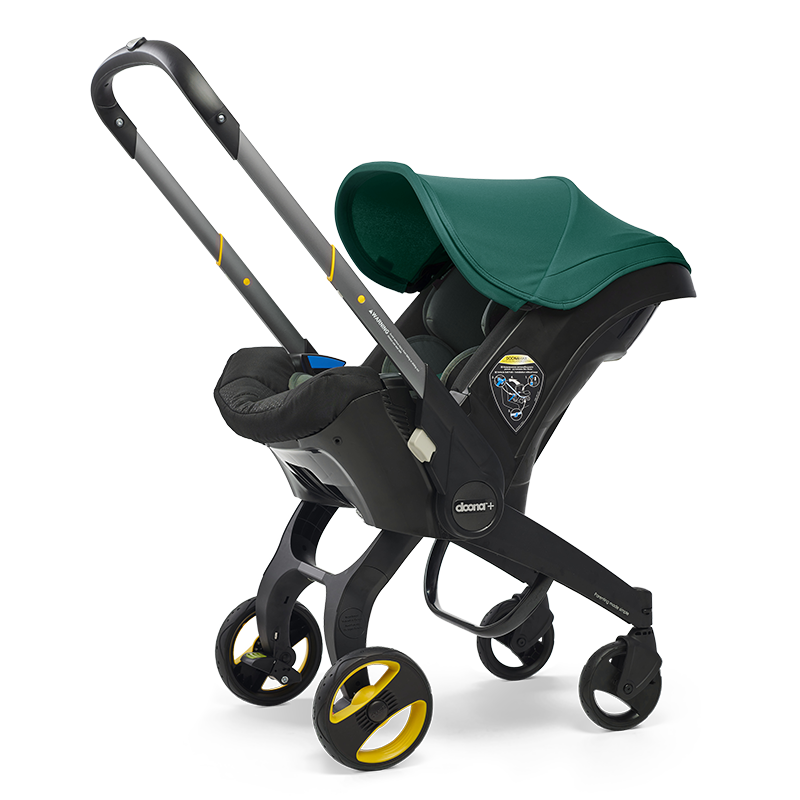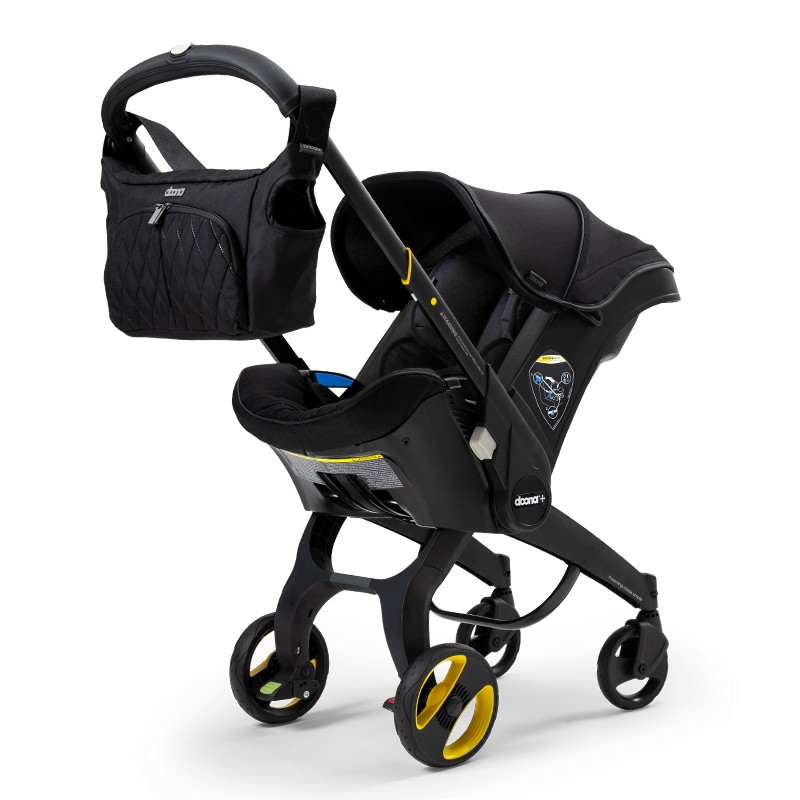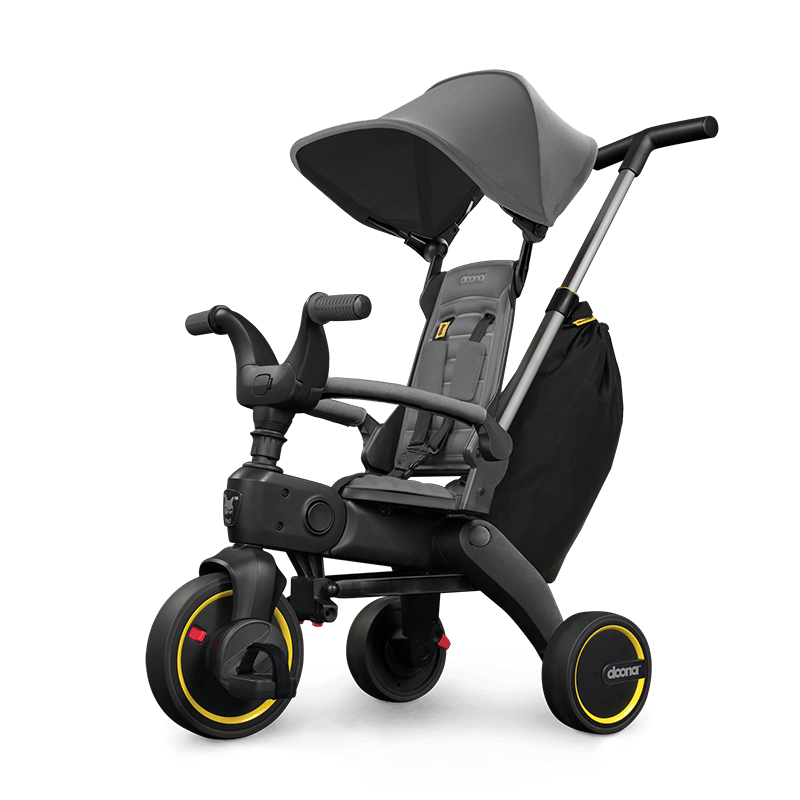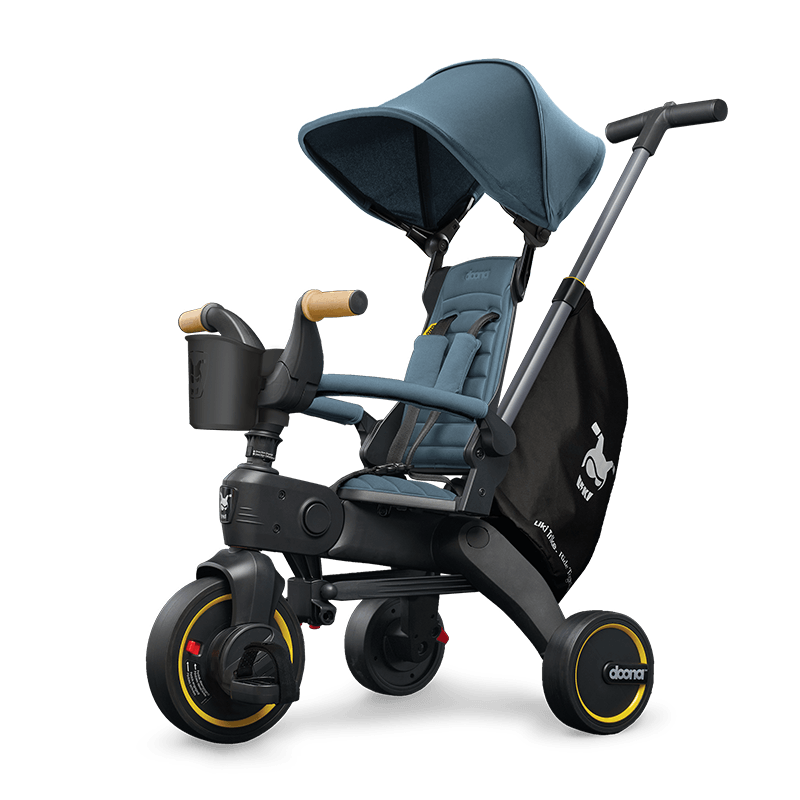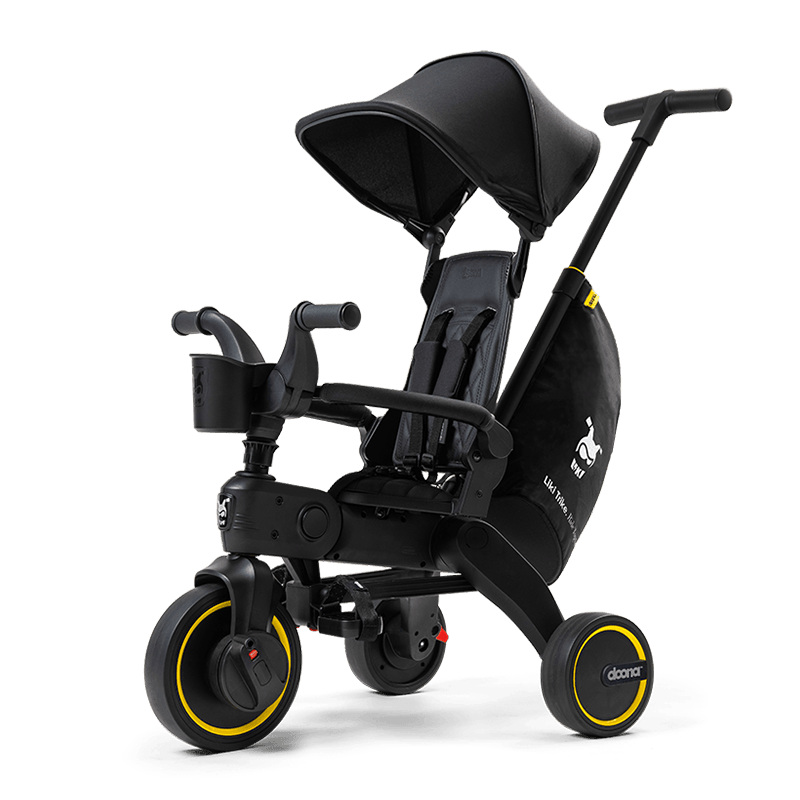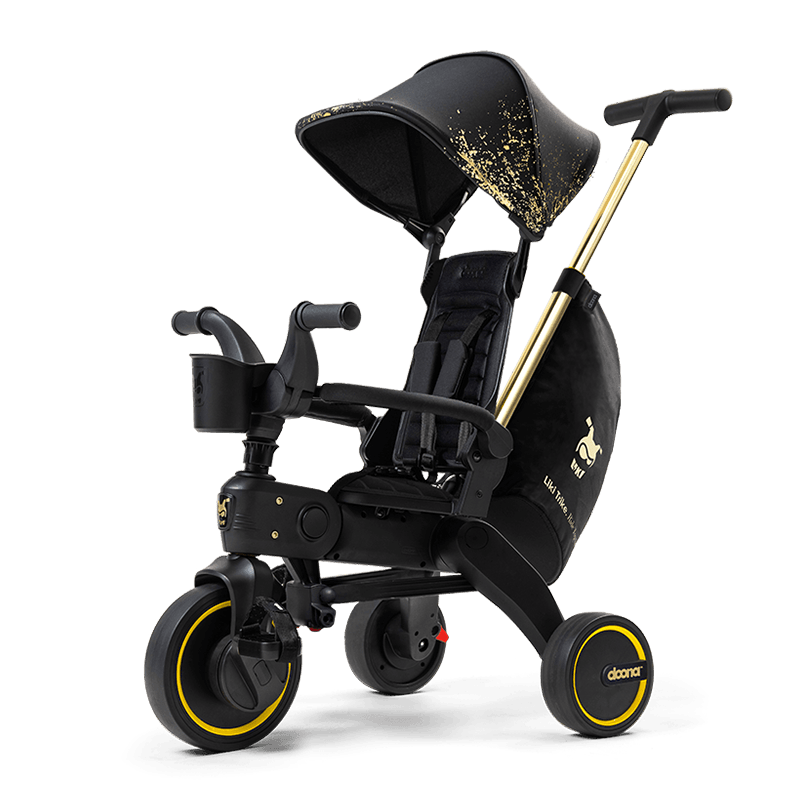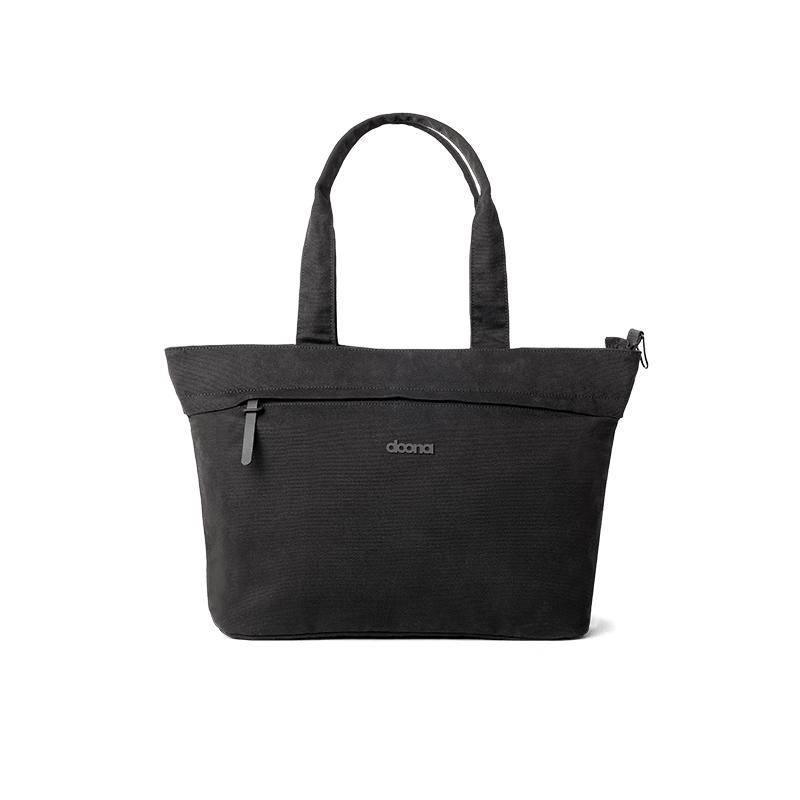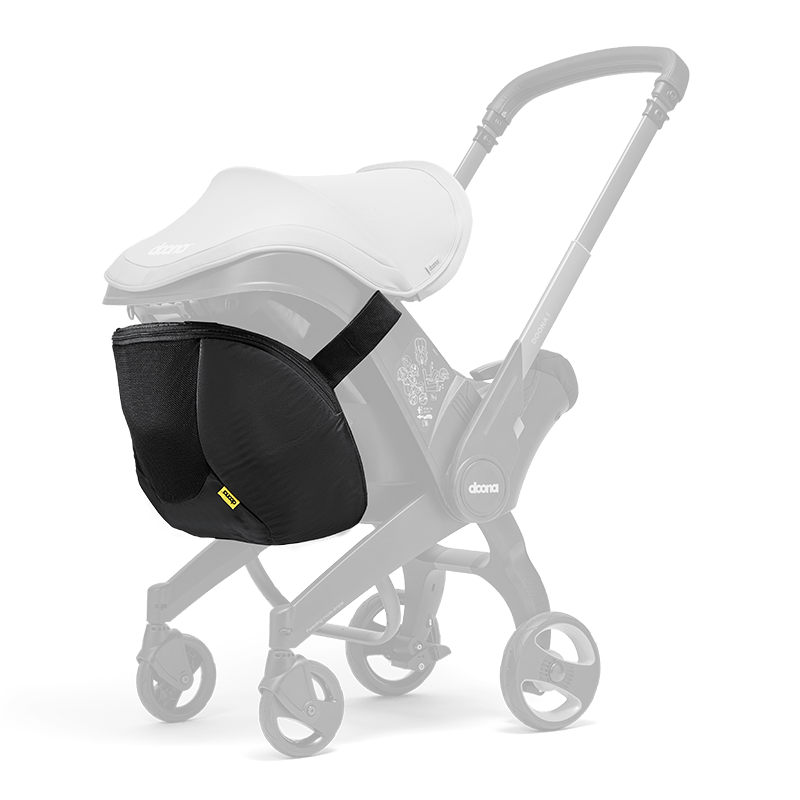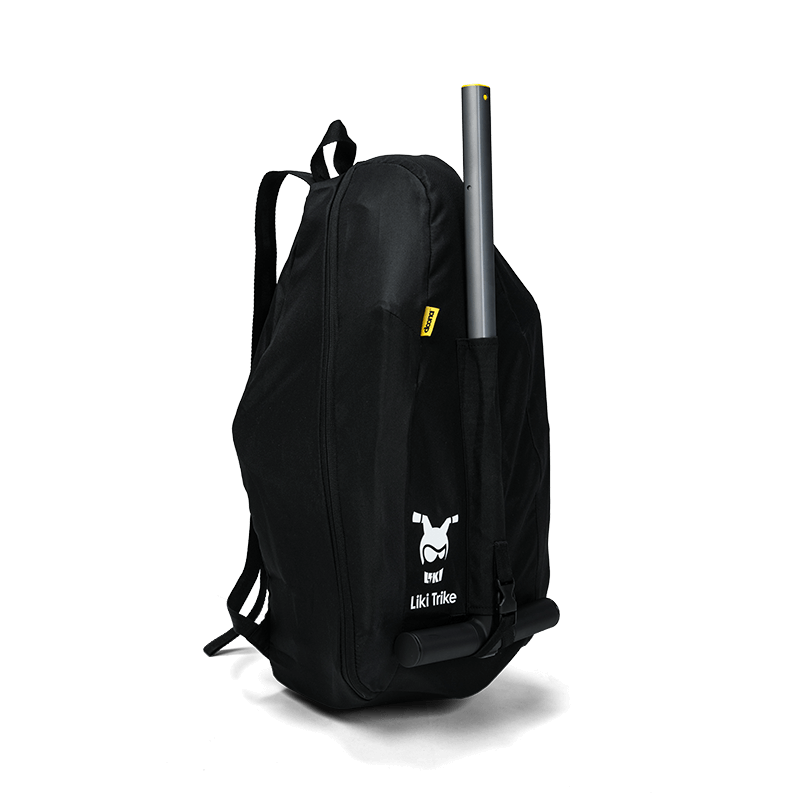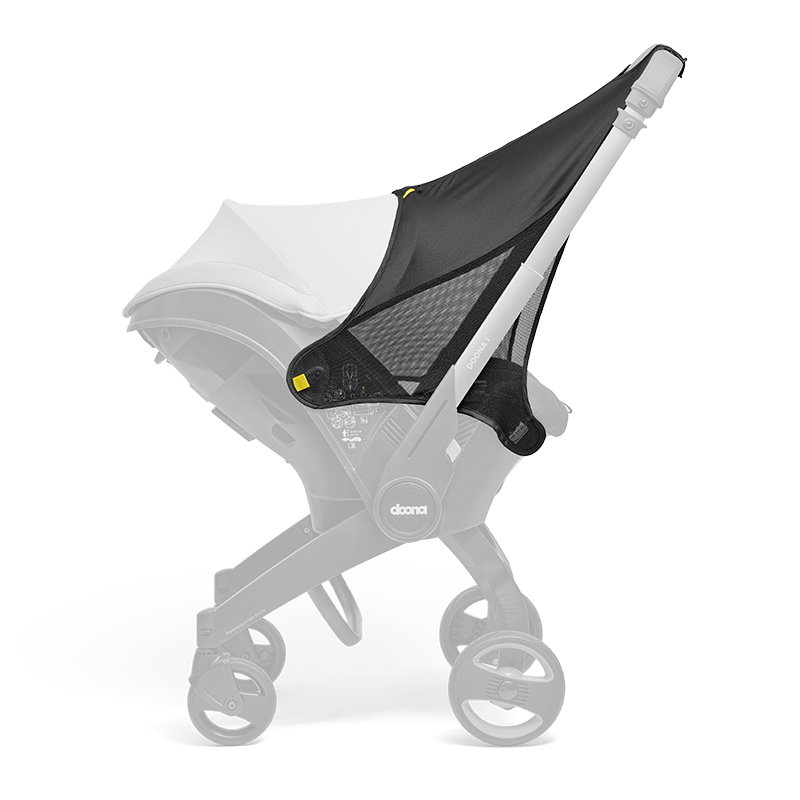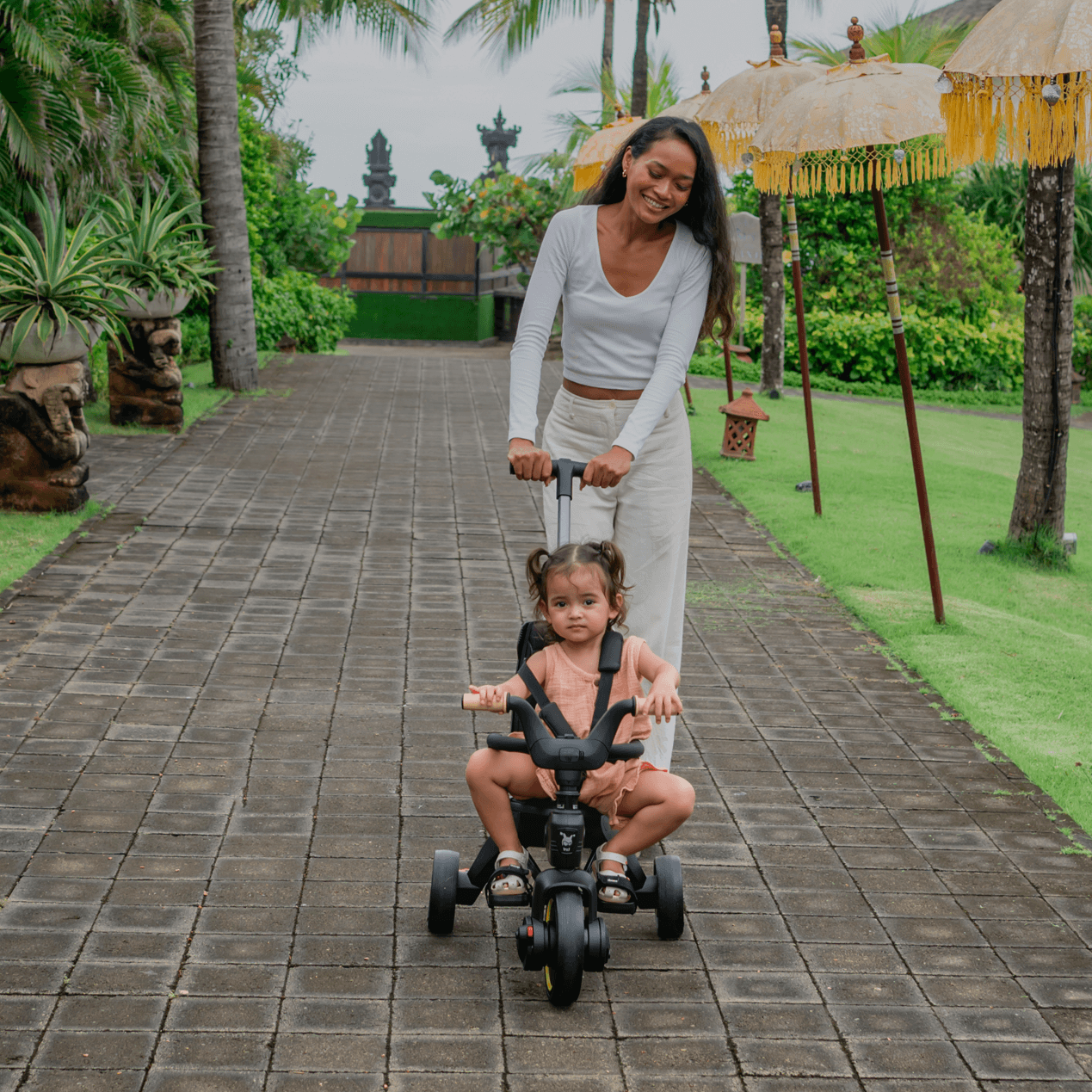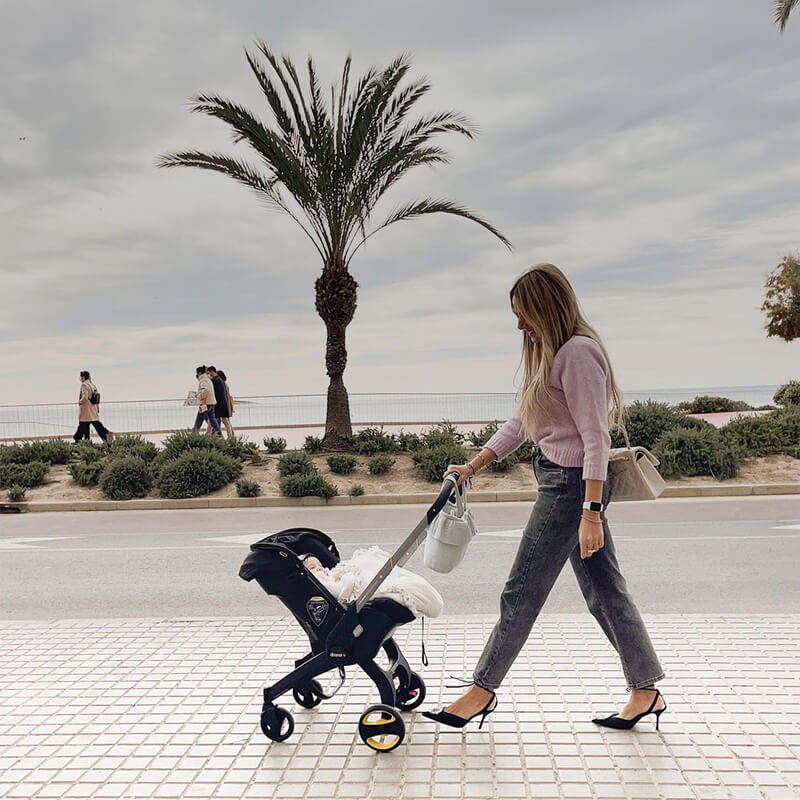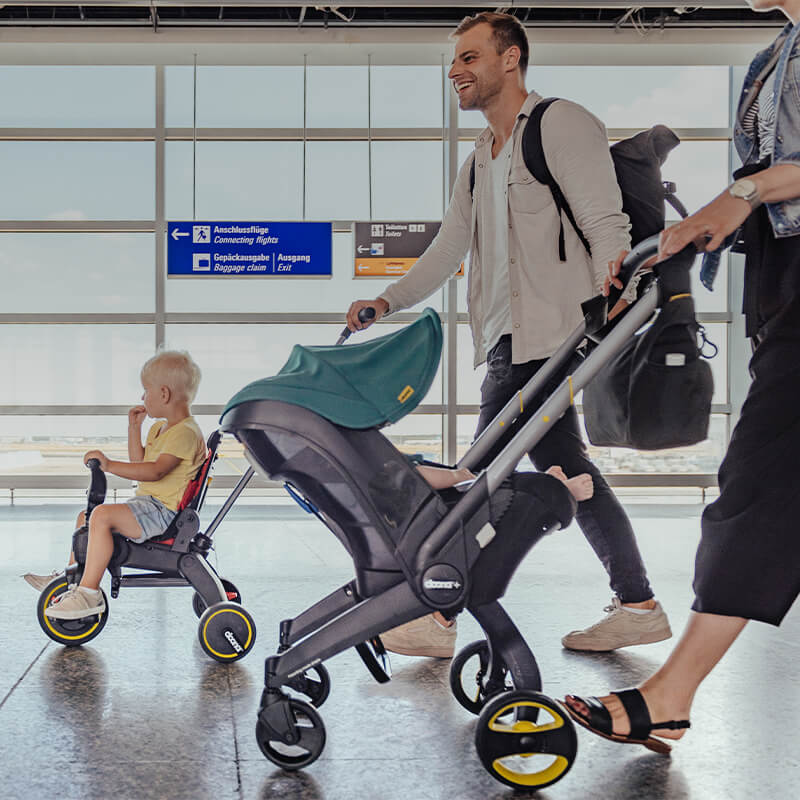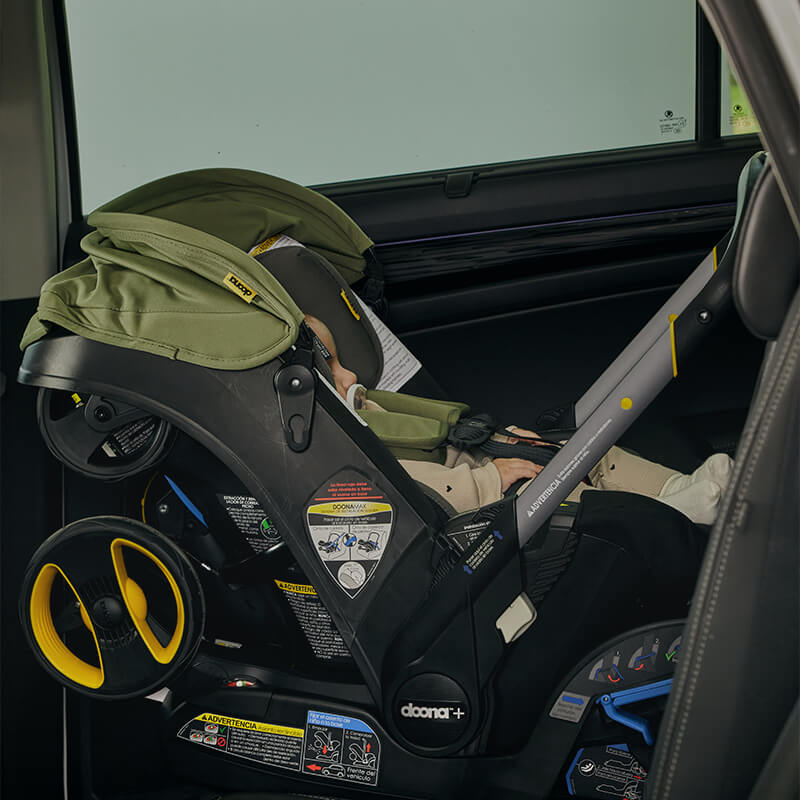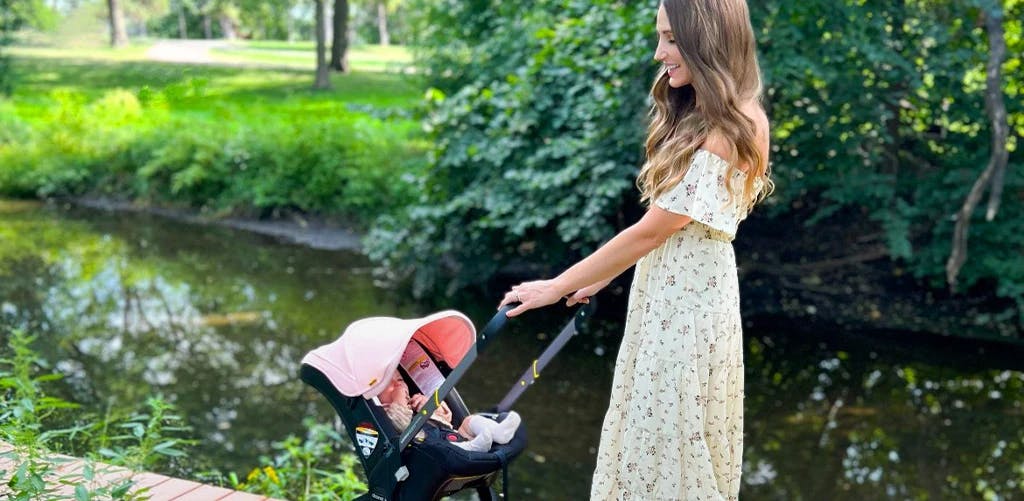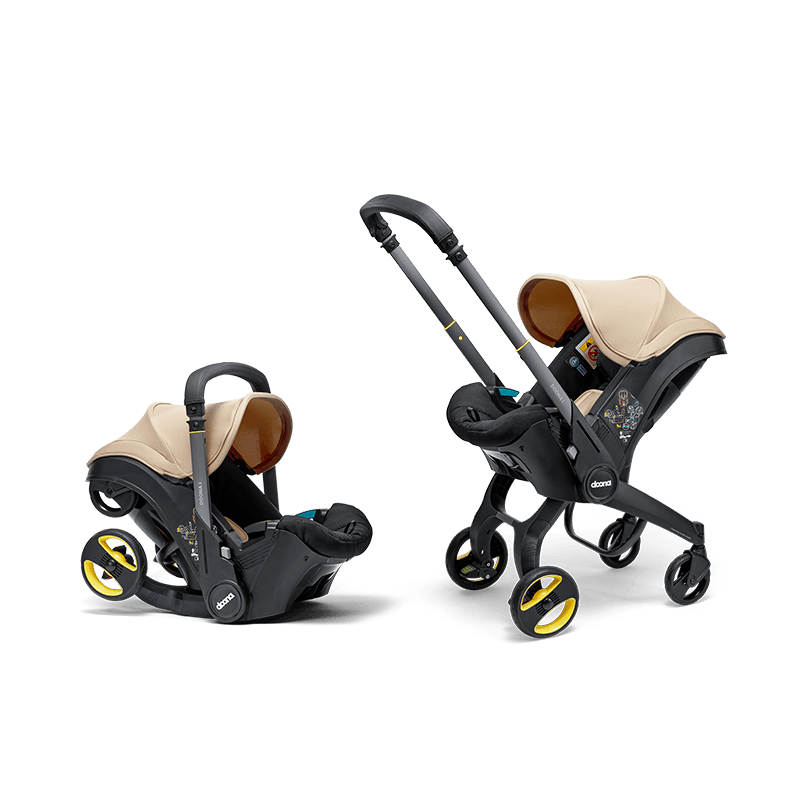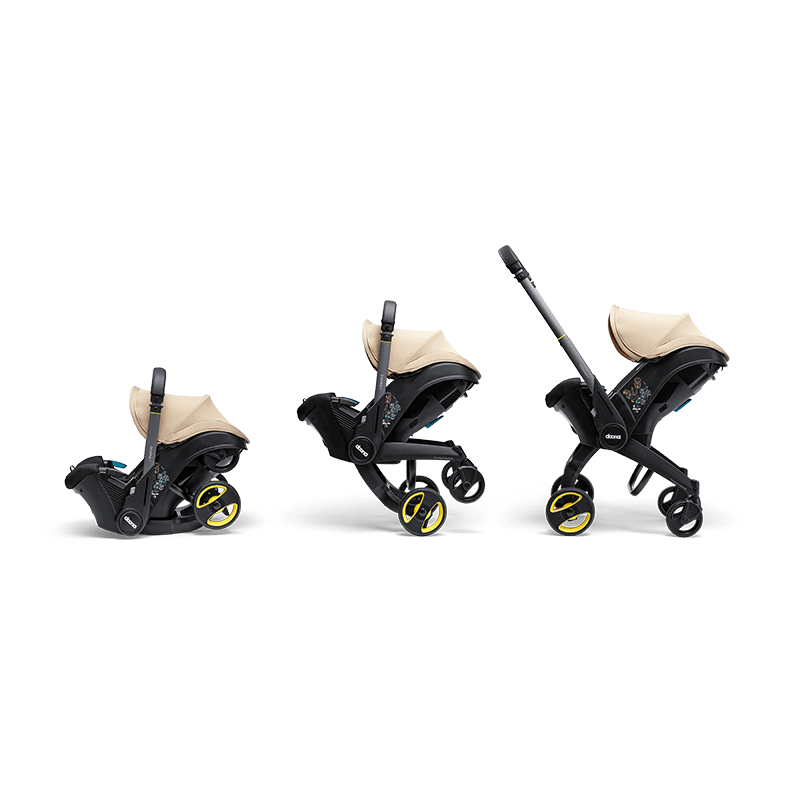Insights with breast cancer survivor, nurse anesthetist, and new mom Theresa Sundstrom
Breast Cancer Awareness Month is all about raising awareness, educating women everywhere, and sharing the brave stories from courageous survivors. In honor of Breast Cancer Awareness Month, we went live on Instagram with nurse anesthetist, brand new mom, and breast cancer survivor Theresa Sundstrom.
Tell us a bit about yourself:
I am now 34 years old. I was diagnosed with breast cancer when I was 31, and it was in April, right when the pandemic had just started. I had bought a Peloton because I knew I wouldn’t be able to go to the gym, and because of quarantine I was working out a lot. One night, after I had done a workout, I was going to take a shower, and I went in the shower and dropped my loofah. I always use a loofah to wash my body, and I was so sore from my Peloton ride that I just was not about to pick it up.
And so, I just took some soap, and I lathered it on, and I started to wash my chest and under my arms, and I came across a small little lump, and I said, “that's weird," I didn't notice that before. So, I jumped out of the shower, and I called the clinic that I go to, and I just said, "Hey, I found a lump, is it possible to make an appointment for tomorrow to come in and get it checked out?”
Due to quarantine, they were doing a lot of virtual visits or even at home phone visits, and I spoke with a doctor, and she wanted me to get a breast exam and a mammogram right away. So, I went, and had my mammogram, ultrasound and biopsy the next day.
During the ultrasound, the interventional radiologist said, “you know, if we go in with a needle and it pops, it's just a cyst. If not, we'll take some tissue, and we'll send it off for pathology." It did not pop when they went in, so I was a little nervous because I have a little history of breast cancer in my family, although we're not BRCA positive.
My mom was also triple negative when she was 55 years old, and that's why it was a high priority to get me in right away to get the program done. I had to wait all weekend, and on Monday it came back as triple negative breast cancer, which is a very aggressive breast cancer.
Within a week, I was at the doctors getting a port placed, and I started chemo a week after I found the lump, so it moved very, very fast. I had 16 rounds of chemo therapy, and then I had a bilateral mastectomy with reconstruction. And now, on October 20th, I'll be two years cancer free! It's just been a whirlwind.
Did you check yourself previously? Or was it a fluke that you found it?
Yeah, it was just an incident really, even being a healthcare provider, I had never performed a monthly breast exam on myself. You know, I thought ‘I’m 30, I'm young, I'm healthy, why do I need to do this?’ And now I'm like all about the ‘feel it on the first’, and self-exams. Even in your twenties and thirties, it's important to take care of yourself and do those exams once a month.
What made you so certain that you needed to go and get it checked?
I think just knowing your body to begin with, and a lot of women do have cysts, or they find lumps pretty often in their in their chest. I myself have never had anything like that, and it felt like a small marble. Again, I've checked my breasts before but not regularly, you know, but I had a baseline going into it, and there was just something that told me, you need to get this checked out right away, it was more intuition than anything.
But I feel like even if you have a small lump, get it checked out as soon as you can. It might not be anything, but it could also be a very quick growing aggressive cancer at that time. Go see your doctor, get it checked out and go from there.
What do you think was the most difficult part of your journey?
Well, the hardest part was because of the quarantine I couldn't have any visitors in the hospital with me. So, when I went to all my chemo treatments, I had to go alone. It was really tough. You know, you really find a lot of inner strength to support yourself through the time. And chemo is not an enjoyable experience, and to have someone there to distract you or just to be there to comfort you during this time, it would've been really nice and so I missed that aspect of it, but it just really made me a stronger person overall.
You said that you had a mastectomy as well, how did the surgery impact you?
So being that I am in the operating room for my career, I see a lot of breast surgeries and going into it, I knew what to expect. Which is kind of an insider view on things which a lot of people don't have, and I was able to pick my breast surgeon and pick my plastic surgeon for the reconstruction, which was amazing.
Going into it, I knew what a mastectomy was because I had provided the anaesthesia for these surgeries’ countless times. When it's on yourself, it's a lot different. I knew what the procedure entailed and how it was going to go, but I didn't know what recovery was going to be like or how it would change my perspective on life and everything.
When they do a mastectomy, they take a piece of you, it's almost like an amputation. And it's really difficult for a lot of women to experience that. Plastic surgeons do the best that they can to reconstruct you and make you look a little bit like yourself that you remember from the past, but you're never going to be that same person that you were before.
Because my tumor was very close to my armpit area, they were able to do what they call a nipple skin sparing mastectomy, where they're able to save your nipples. So, you do look cosmetically a little bit more like yourself. That was really nice for me because I still feel like myself, you know, being able to keep that part of me.
The one thing that has impacted me the most from my mastectomy is that I’m not able to breastfeed my children because I no longer have the ability to produce milk once they take all of your tissue from your breast.
How long after your diagnosis did you have your surgery?
After my diagnosis I started chemo within a week, and chemo was five months long from May through September. So, in October, about four weeks after I finished chemo, because they want your blood counts and everything to return to normal before you have your mastectomy. I found out within three days after my procedure that all of the tumor was destroyed by the chemotherapy, and I was cancer free! So that was just huge news. And I was over the moon because at that time I knew I wouldn't have to have radiation then, and it would cut out another 30 weeks of treatment.
Do you still go for regular check-ups?
So, I no longer will have a mammogram because I don't have any breast issue. It's just skin and an implant in there. I go every three months to my oncology office, and my oncologist will perform a chest wall exam, which is just an in-depth breast exam, and I do my own self-exam about every week. I just do it in the shower, and again, I can't stress the importance of performing your own breast exam. Get to know your body and have a baseline going into it because our bodies are constantly changing, and our breast tissue too.
Do you have any tips or advice for women who are recovering from a mastectomy?
Yeah, so based on my experience, I actually had received a lot of tips from other women who have gone through a mastectomy because you really don't know what to expect until you go through it.
There are restrictions for lifting post op, you can't lift your arms above 90 degrees for four to six weeks after. Wow, and my biggest tip is to stay hydrated, to continue to eat nutritious foods so you can heal and then take the time to yourself to focus on you and to focus on your recovery. I think that's the most important thing and to stay active, still go on walks, and, I think water is like key to success for any kind of treatment, none of us drink enough water, and it's hard.
What support helped you the most during your diagnosis and treatment?
I was so fortunate - I have a million friends and family that reached out and were there for me during it. But there's nothing like someone that's been through it themselves, and so my mom has been a huge impact in my life. She been through chemotherapy, she's been through the surgery aspect of it and just having her here with me, knowing that she's been through this, gave me that additional strength to get through it. I knew she did it with so much poise and class back when I was in high school.
And so that's why I made this positive Instagram just to show people there is another side of cancer. You can make it a little humorous, you can educate people through positivity. Cancer is a terrible disease but if we let it win, then we'll never get through it and we'll never be able to cope with it. So, for me, that's how I was able to cope and I also met a lot of women on Instagram that have been through it. We've helped each other through it.
The Breasties is a big organization for women who have the BRCA gene, who have had prophylactic mastectomies or those that have been through chemo cancer treatment. We all kind of bond and support each other through it. It's an amazing community and you don't even realize it's out there.
What kind of things do you want to share with your community and your followers?
When I got the first diagnosis, I instantly just cried and cried and cried and cried and said, why me? Why is this happening to me? And then I talked to so many people, a lot of my friends, and by the time I talked to the hundredth person about what was going on, I just realized that this isn't going to control me. I'm going to control this disease and by staying positive through it, I just felt like myself and like I took control of my diagnosis and my treatment.
You have to really dig deep within yourself. You don't realize what you're capable of until you're undergoing something so difficult like cancer. I couldn't believe how strong I was, how positive I was. I also feel like the support system I had was incredible and that's what pushed me to really get through it and get through it with a smile. And it's okay if you don't do that, it's okay to cry and be sad. There are days when I felt terrible, it wasn't all rainbows and sunshine. There are days when you just want to lay in bed all day and that's okay to do.
So how did having cancer affect your experience of starting a family?
After I finished chemo in September, I had my surgery in October, I was in menopause at that time. My oncologist put me into an induced medical menopause, so then I could preserve my ovaries to hopefully carry a child one day. When I was diagnosed, I had asked can I do IVF or harvest my eggs for a future IVF treatment? At that time my oncologist said, ‘we don't have time to wait, we need to get you into chemo, we don't have time to harvest your eggs’. So, going into chemo I thought I might never be able to conceive a child of my own and I've always wanted children so I had to really find it within me to say, ‘am I going to be okay not having a biological child of my own in the future?’. I was okay with it because I knew I wanted to live for myself and a baby can come later.
There are a lot of different options out there and so once I was done taking the injections, I slowly came back into a regular cycle and I just wanted to live my life.
The summer was just all chemotherapy and the fall was all surgery recovery. I was just getting back to work and I wanted to travel. Things were starting to reopen a little bit at that time and I just wanted to live, so when we conceived Vera, it was truly a miracle baby.
I got pregnant naturally and it was just kind of a shock at that time. I was so fortunate to be able to carry her nine months and now I have this beautiful, almost eight-month-old, it's just wow. Crazy. I just feel very, very fortunate.
If people want to get in contact with you, what's the best way?
So, Instagram just DM me. I'm happy to chat, and if we have a strong connection and we are able to talk a lot on Instagram and they want to talk on the phone, I'm happy to do that too.
For the full conversation with Theresa, check out our IG Live here. You can follow Theresa on Instagram @quarantiniandchemo and explore her website - www.quarantiniandchemo.com.
How can you help? Join us in the fight and support the cause by purchasing a Blush Pink Doona Car Seat and Stroller. $20 of every purchase will be dedicated to funding mammograms, supporting education, helping reach women in underserved communities, and much more.
Doona customers can shop in-store at participating retailers between October 1 and October 31, which have pledged to donate a portion of sales in support of National Breast Cancer Foundation. For a full list, click here.
Click here for a free guide on 3 Steps to Early Detection, or to learn more about breast cancer, please visit www.nationalbreastcancer.org
